
Cancer and cancer therapy has been associated with loss of appetite in many patients. Cancer patients may have no sense of hunger at all, have extremely poor appetite or eat less than they normally eat. Some people may feel full after eating a very small portion of food in front of them, also because of the cancer. Besides leading to lack of important nutrients and minerals (malnutrition), loss of appetite could provoke weight loss and cause muscle loss and weakness. This loss of both weight and the muscles is in medical terms known as wasting or cachexia.
Some cancers are known to cause loss of appetite more than some other, especially stomach, pancreatic or ovarian cancers. These cancers affect a person’s metabolism and lead to appetite loss.
Causes of Appetite Loss in Cancer Patients
Cancers and especially later stages of cancers are associated with appetite loss. As mentioned, some types of cancers have effects on metabolism, while others cause early fullness due to accumulation of fluids in abdominal area. However, other symptoms of cancers and therapies could have similar effects to someone’s appetite. Sedative medications, chemotherapy and immunotherapy, used to treat cancers may negatively affect appetite. Radiation therapy and surgical procedures performed on gastrointestinal tract may cause the same effects.
Adverse effects, associated with cancer treatments may also lead to loss of appetite. Many cancer patients experienced nausea, vomiting, mouth sores and pains or dry mouth during chemotherapy or radiation treatment against cancer. Because of these unwanted effects, people suffering from cancer may not have any or have poor appetite and many other oral problems related to their cancer treatment.
If there are some swallowing and chewing difficulties provoked by cancer treatment patients may also lack appetite. Other side effects of cancer therapy that could affect the appetite include: changes of the taste and smell of the food, pains, fatigue and depression.
What to Do?
Loss of appetite in cancer patients depends on the cause. Many times, treatments which resolve issues such as mouth sores, dry mouth, pain or other symptoms resolve the problem with appetite as well. Doctors may recommend some appetite stimulating drugs, supplemental nutritional drinks or drugs to help the food moving through the intestines. Some patients may require tube feeding if the condition becomes extremely bad.
Some people might be better following simple rules of proper nutrition, despite their poor appetite. Doctors and dietitians recommend eating 5 to 6 smaller meals and frequent snacks during the day. Snacks should be nutritious and rich in calories and proteins and these patients are advised to keep their favorite food handy. Sauces, gravy, cheese, cream, nuts, spices and condiments may enhance the sense of taste and add some calories to your food. Fluids should be taken between the meals and milk and milkshakes are highly recommended.
Always consult your doctor and registered dietitian for advices about the food and loss of appetite.


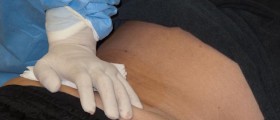
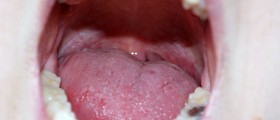

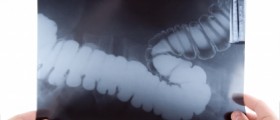
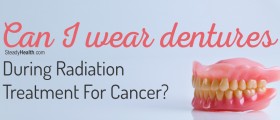


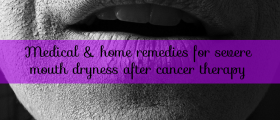

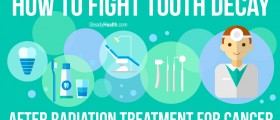
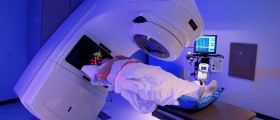


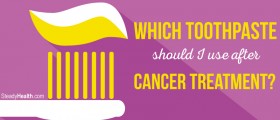
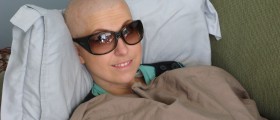
Your thoughts on this
Loading...